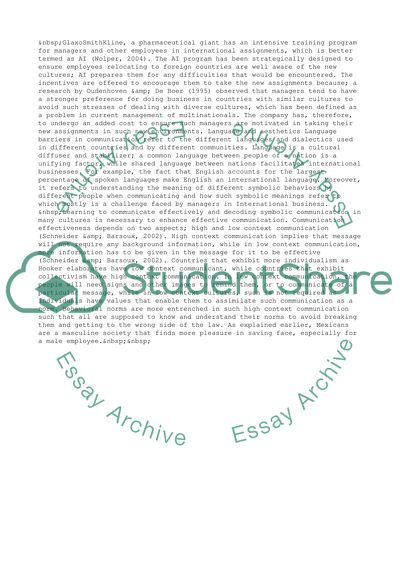Cite this document
(“International Business- Culture Essay Example | Topics and Well Written Essays - 2250 words”, n.d.)
International Business- Culture Essay Example | Topics and Well Written Essays - 2250 words. Retrieved from https://studentshare.org/business/1461377-international-business-culture
International Business- Culture Essay Example | Topics and Well Written Essays - 2250 words. Retrieved from https://studentshare.org/business/1461377-international-business-culture
(International Business- Culture Essay Example | Topics and Well Written Essays - 2250 Words)
International Business- Culture Essay Example | Topics and Well Written Essays - 2250 Words. https://studentshare.org/business/1461377-international-business-culture.
International Business- Culture Essay Example | Topics and Well Written Essays - 2250 Words. https://studentshare.org/business/1461377-international-business-culture.
“International Business- Culture Essay Example | Topics and Well Written Essays - 2250 Words”, n.d. https://studentshare.org/business/1461377-international-business-culture.


